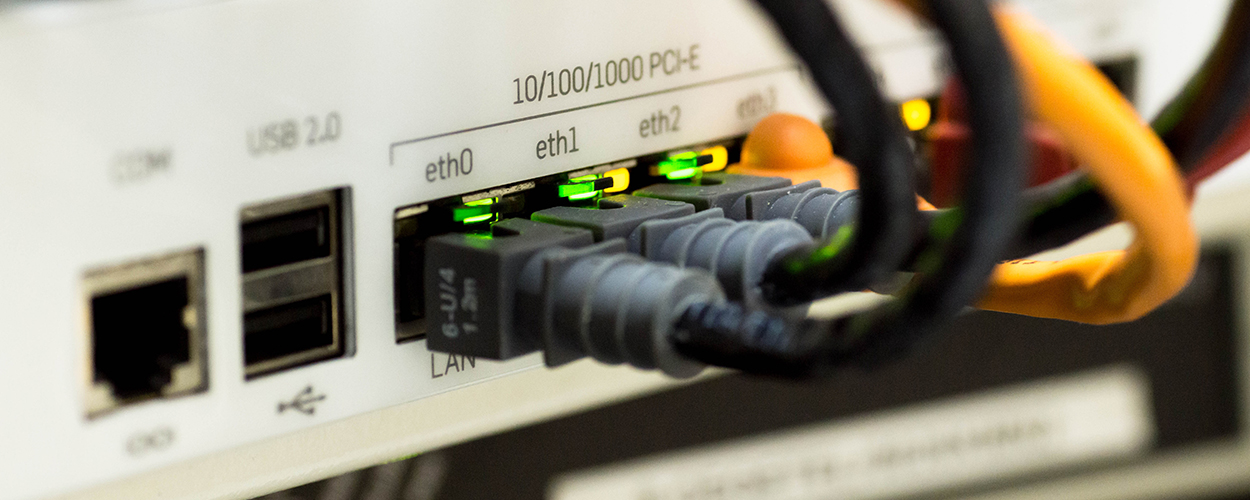This website uses cookies so that we can provide you with the best user experience possible. Cookie information is stored in your browser and performs functions such as recognising you when you return to our website and helping our team to understand which sections of the website you find most interesting and useful.
Business News Digital Labels & Publishers Legal
Voluntary anti-piracy initiative in Russia extended for another year
By Chris Cooke | Published on Tuesday 28 January 2020

A voluntary anti-piracy scheme involving content owners and internet firms in Russia has been extended for another year after plans to encode said scheme into law were postponed.
After various disputes between Russian media owners and the country’s ISPs, search engines and user-upload platforms, a memorandum of co-operation involving various parties was signed in November 2019. Among the tech companies involved were Yandex, Rambler Group, Mail.Ru Group, vKontakte, and RuTube.
The deal was facilitated by Russia’s internet watchdog Roskomnadzor, which maintains a database of copyright infringing webpages and content. Participating internet companies are obliged to connect with that database and ensure infringing sites or content are blocked.
It means that, while – from a Western perspective – there are still plenty of issues with the Russian copyright system, when it comes to content takedown and web-blocking, the country’s processes are much more efficient. In theory at least.
Although the more efficient removal and blocking of content on copyright grounds always raises concerns about anti-piracy systems being abused.
It was always the plan that at least aspects of the voluntary memorandum of co-operation would be quickly incorporated into Russian law. But when that didn’t happen last year, the voluntary agreement had to be extended. That has now happened several times, with the latest extension running up to 2021.
Aside from the challenge of getting reforms of this kind onto the agenda of Russian lawmakers, local media report that the voluntary scheme has raised a bunch of issues that ideally need to be addressed before any new laws are passed.
According to Torrentfreak, that includes issues over how disputes between content owners and tech firms are resolved, a debate over whether content owners should be able to have websites blocked and delisted on a permanent basis, and whether the current system is skewed in favour of bigger media firms and video content.





